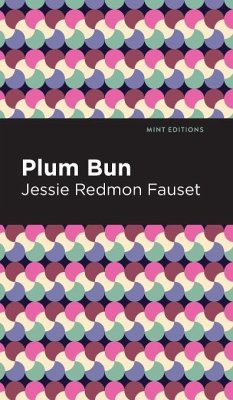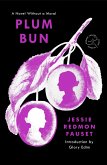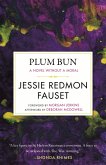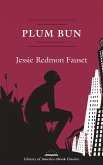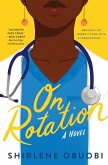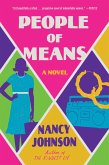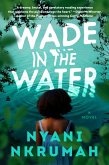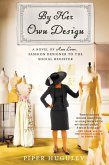Revisit the critically acclaimed sophomore novel of Crisis editor Jessie Redmon Fauset, Plum Bun: A Novel Without a Moral (1928).
After the death of their parents, the Murray family consists of just two people-Virginia, the younger darker-skinned teacher; and Angela, the elder fair-skinned artist-both Black, both women. While Virginia embraces her Blackness entirely; goes on to move to Harlem, teach Black children and marry a Black man, Angela outright rejects it-opting to move to New York, pass for white, and use her privilege to shatter the glass ceiling of her race.
But is it enough? While the act of passing gets her foot in the door; allows her the opportunity for artistic success and even leads to a romantic affair, as a woman there's only so far she can go and only so much respect she can garner. If being a woman, even a white woman, limits the ways in which she is able to seek fulfilment in her life, what is the point in trying to pass at all?
Semi-autobiographical in nature, Plum Bun: A Novel Without a Moral is a coming-of-age novel that questions the intersectionality of race, class, and gender in the early twentieth century.
Since our inception in 2020, Mint Editions has kept sustainability and innovation at the forefront of our mission. Each and every Mint Edition title gets a fresh, professionally typeset manuscript and a dazzling new cover, all while maintaining the integrity of the original book.
With thousands of titles in our collection, we aim to spotlight diverse public domain works to help them find modern audiences. Mint Editions celebrates a breadth of literary works, curated from both canonical and overlooked classics from writers around the globe.
After the death of their parents, the Murray family consists of just two people-Virginia, the younger darker-skinned teacher; and Angela, the elder fair-skinned artist-both Black, both women. While Virginia embraces her Blackness entirely; goes on to move to Harlem, teach Black children and marry a Black man, Angela outright rejects it-opting to move to New York, pass for white, and use her privilege to shatter the glass ceiling of her race.
But is it enough? While the act of passing gets her foot in the door; allows her the opportunity for artistic success and even leads to a romantic affair, as a woman there's only so far she can go and only so much respect she can garner. If being a woman, even a white woman, limits the ways in which she is able to seek fulfilment in her life, what is the point in trying to pass at all?
Semi-autobiographical in nature, Plum Bun: A Novel Without a Moral is a coming-of-age novel that questions the intersectionality of race, class, and gender in the early twentieth century.
Since our inception in 2020, Mint Editions has kept sustainability and innovation at the forefront of our mission. Each and every Mint Edition title gets a fresh, professionally typeset manuscript and a dazzling new cover, all while maintaining the integrity of the original book.
With thousands of titles in our collection, we aim to spotlight diverse public domain works to help them find modern audiences. Mint Editions celebrates a breadth of literary works, curated from both canonical and overlooked classics from writers around the globe.
Dieser Download kann aus rechtlichen Gründen nur mit Rechnungsadresse in A, D ausgeliefert werden.

